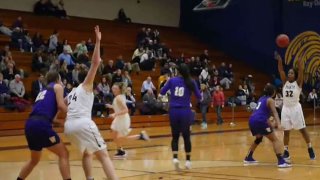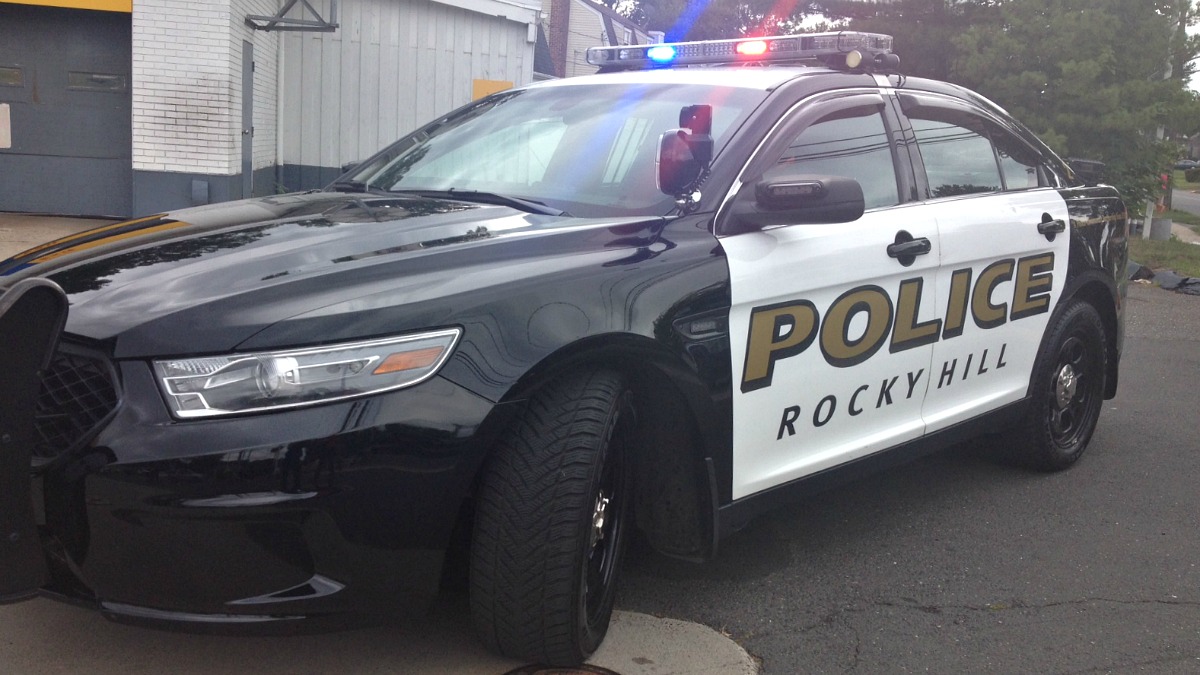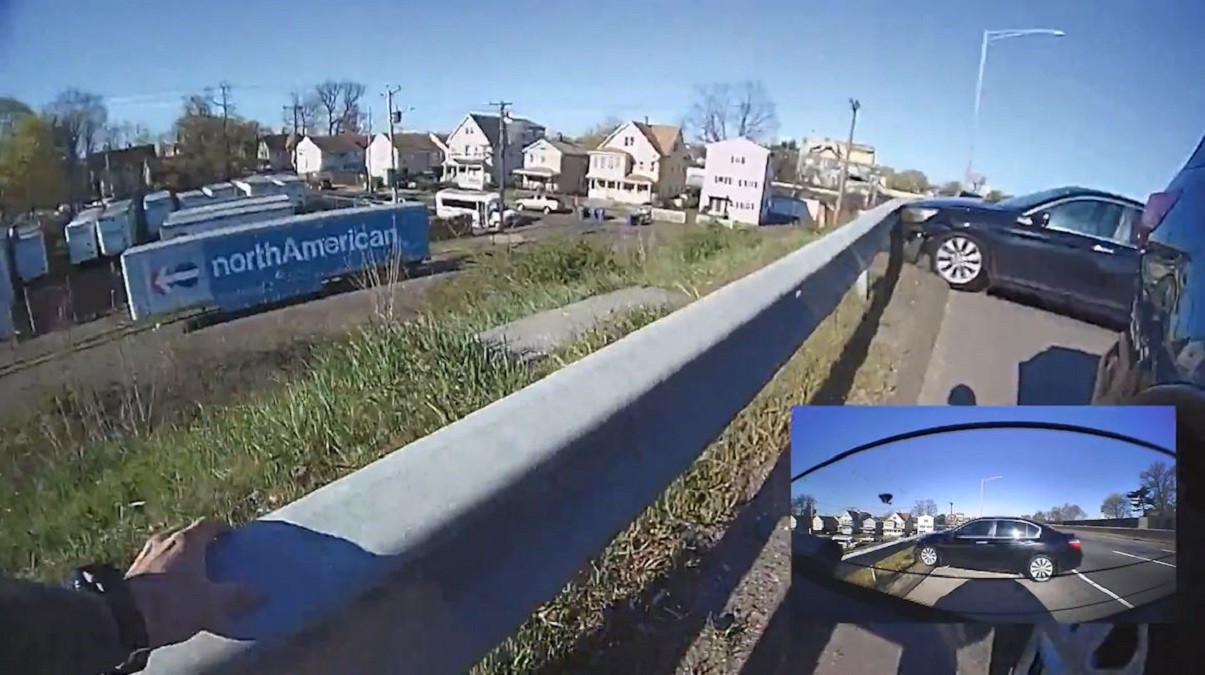
Colleges and universities can profit off the name, image, or likeness (NIL) of a student-athlete and some say it’s not fair that students can’t do the same.
For years, the NCAA has been debating whether to allow student-athletes to receive paid endorsements. Now it’s a question facing Connecticut lawmakers.
“The only reason that the NCAA is considering taking action is because of states passing legislation and if we don’t, they won’t,” said Sen. Derek Slap, (D) West Hartford.
Right now, student-athletes will lose their scholarship and be kept off the field if they accept endorsements or even make money teaching lessons in their sport.
However, any other students can make money off their talents, whether it’s painting or playing an instrument.
“Many of them do go play in jazz bands and are compensated for that,” explained Walter Harrison, former president of the University of Hartford.
Harrison testified in support of the bill, as did representatives from the University of Connecticut and Southern Connecticut State University.
Local
“If a student-athlete has the opportunity and capacity to benefit financially from his or her NIL this should in no way jeopardize his or her amateur status or eligibility,” said Neal Eskin, the senior assistant athletic director from the University of Connecticut.
However, with all three divisions of the NCAA expected to make their own recommendations next January, both athletic directors urged state lawmakers to hold off.
“We don’t want to have laws that supersede the rules of the NCAA,” said Jay Moran, Southern Connecticut State University athletic director.
Moran said 28 states have passed or are considering compensation laws. Eskin said that is creating an inconsistent patchwork of rules and an uneven playing field that could result in unfair recruiting.
“Without uniform rules the highest resource schools will use their greater financial resources to attract the most promising student-athletes,” said Eskin.
The bill before Connecticut’s higher education committee does not allow freshman to be paid for their NIL. It also wouldn’t allow colleges and universities to be paid to play.
While they appreciate the intent of the law, school leaders worry it won’t be fair to athletes in all sports.
“A football player and a basketball player maybe have a better chance of getting their own private endorsement then say a cross-country runner or a soccer player,” said Moran.
If passed, the law wouldn’t take effect until 2023.



